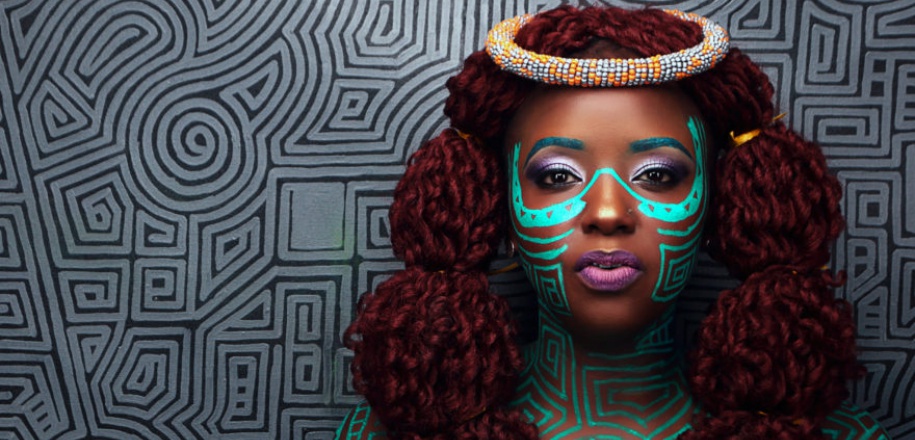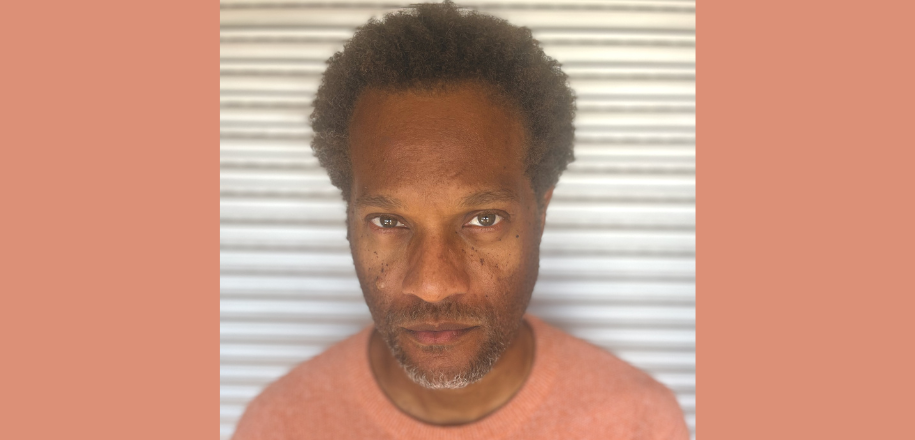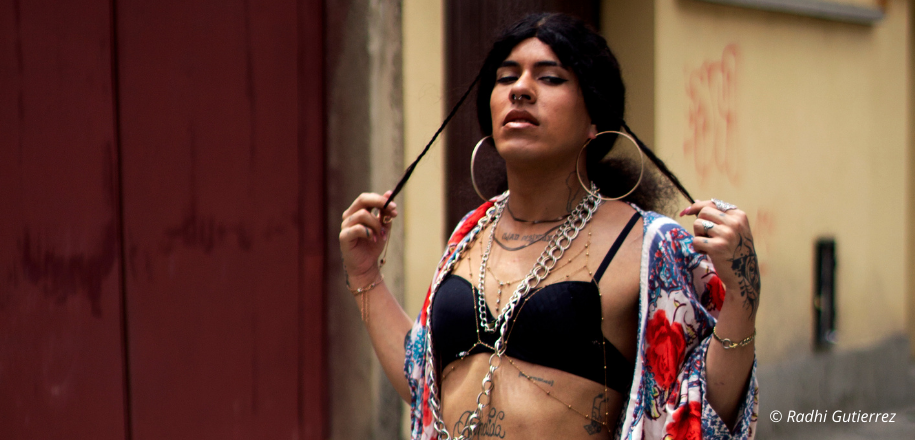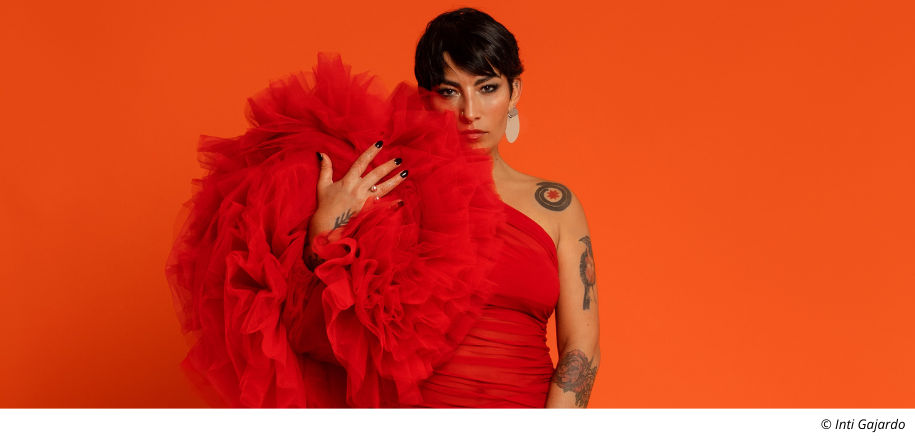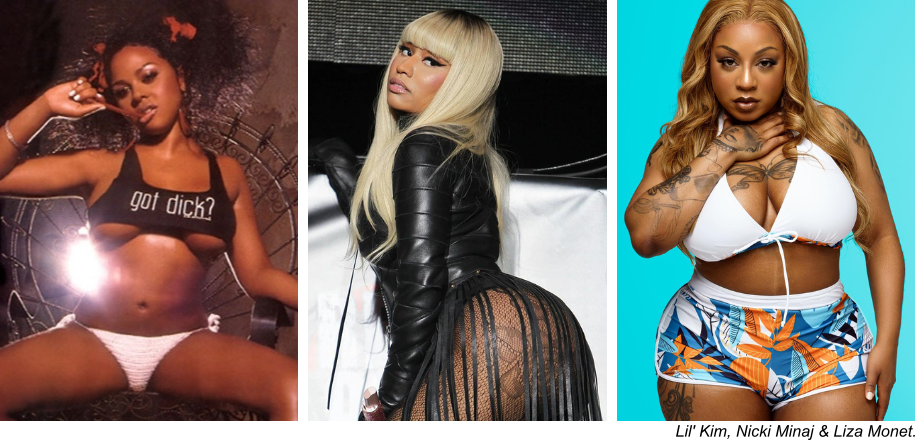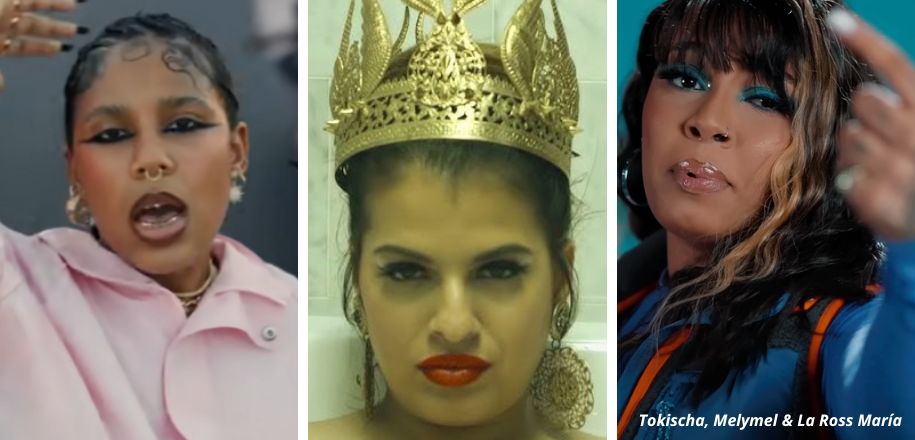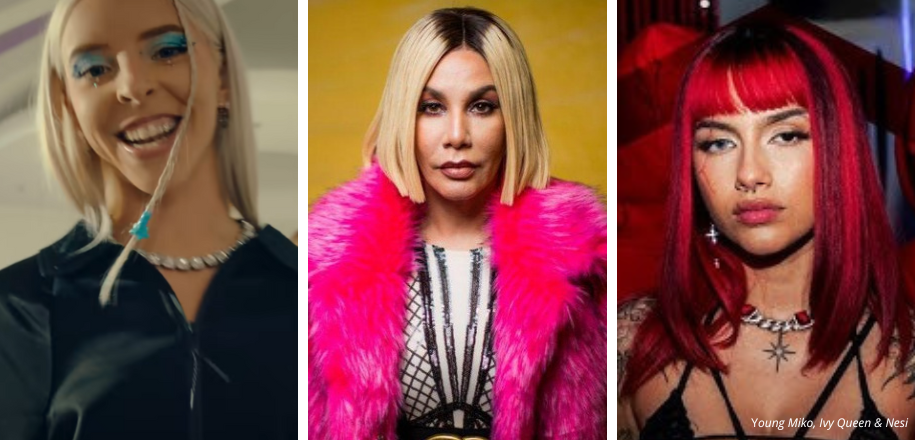Last December, Muthoni Drummer Queen set the stage of the Transmusicales de Rennes on fire. After four albums, the Kenyan female rapper is getting ready for a summer tour and a new project that should be out by the end of the year. Before hitting the road again, the Nairobi-based artist told us about her growing international popularity, feminism and the women who inspired her.
When and how did you discover hip hop?
On the radio when I was little, somewhere between 1994 and 1996. But I didn’t get into it until 2012 when I watched a documentary about A Tribe Called Quest.
How did you start rapping?
It happened accidentally. I wrote a poem and in 2009, when we were recording my first full project Human Condition, the producer encouraged me to rap it. That’s how I started rap.
How would you describe your music?
It would say it’s a mix of hip hop and some singing, somewhere between reggae dancehall and soul.
You’ve been working with the two Swiss beatmakers Jean “Hook” Geissbuhler and Greg “GR!” Escoffey since 2013. How did the three of you meet and how do you work together?
I met them through a friend of mine, DJ Cortega. He’s Swiss and was in Nairobi at the time. He played me some of their beats and I liked them and he made them listen to some of my music and they liked it. So he made me go to Switzerland to meet them and go to the studio to see if it worked out. I liked how they worked and we came up with some strong melodies with a real hip hop vibe.
We tried to work from a distance, sending tracks. But it’s not nearly as effective or productive as when we’re actually physically together. So we had some working sessions in Nairobi for several months to make the new album.
You released the single “Elevate” last September, from your fourth album SHE, which pays tribute to Nairobi. What is your relationship to this city?
Nairobi is home. It’s really been central to my understanding of myself, of what is possible and available now. I think Nairobi is almost always on my mind when I write. I’m always looking to showcase the creativity from here.
How did you manage to reach a global audience ?
I think it has to do with working with the Swiss crew. In 2011, I released an EP called Welcome to the Disco through a crowdfunding project and did some shows in The Netherlands and Sweden, which helped plant some seeds.
Now we have a distributor and a French label called Yotonka, that has done a lot of work. Also, the soundtrack of the movie Rafiki (Wanuri Kahiu, 2018) helped me reach a larger audience.
You founded two music festivals in Kenya. Can you tell us more about it?
These two festivals, Africa Nouveau and Blankets & Wine, are a space for creativity and help alternative African artists connect directly to audiences and the music business. It’s like an alternative to a radio/TV infrastructure.
The album SHE pays tribute to women, with tracks like “Suzie Noma” that celebrates female empowerment and sorority, “Lover” who talks about women sexuality or “Caged Bird”, which refers to Maya Angelou’s famous poem. Why do you think it’s still important to celebrate women today?
I think it’s a man’s world and the viewpoint of women is often negated, misunderstood, devalued or underrepresented. Women’s struggles have often gone unacknowledged of their sacrifices and efforts. I thought it would be cool to give a voice to those.
But to be honest, I didn’t make SHE deliberately. I didn’t go to the studio and say: “let’s make an album about women“. It just happened naturally. We were just making songs and after a few tracks, we realized that these were women stories, these characters were very vivid and these songs were not just songs but representations of actual individuals.
Is it hard for female rappers to find an audience in Kenya?
For sure. The industry is still very male-dominated. From an audience perspective, a lot of hip hop shows are happening in places that are difficult for girls to attend. There isn’t enough female leadership in hip hop. We don’t really have a label that’s supporting female rappers. We have some incredible female rappers but not enough infrastructures for artists, especially for rappers and female rappers.
You say you’ve been a feminist since the word was invented. What kind of feminism do you most relate to?
I didn’t spend many years learning the language of the various schools of thoughts of feminism and I feel a bit ashamed of that. But from the start, I always felt that boys and girls are equal and that individuals really need to optimize themselves and be conscious that the society frames the roles and possibilities of women versus men. Religion, politics and governments reinforce this idea of what is possible and available for women and for men.
Even without the exact words or language, these are the things I stand for: understanding the root of the inequality, what creates and reinforces it. A lot of feminism is about unlearning patriarchy and learning how to replace these ideas with new ideas. I’m asserting that I’m a feminist because fundamentally I’m able to see how patriarchy and capitalism are the roots of the inequality and I try to challenge myself and think differently than what society taught me.
In France, we have the impression that hip hop and feminism are incompatible. Do you agree with that?
Yes, I can totally understand. It’s one of the things I’m continuing to be at odds with hip hop in the presentation of women. I recognize that hip hop can be misogynistic and patriarchal and isn’t a fair playground for women and men.
It makes me question a lot of things, like the way women are pictured as strippers in music videos. But if you take Rihanna‘s video “Pour It Up“, Rihanna being a stripper is not for the male gaze, it is Rihanna. That visual representation is so wrapped up in hip hop, but I’m also conscious of the agency of women, of their bodies, their representation, of the things they get involved in. Because, at the same time, hip hop is a tool. It’s a means of communication and artistry.
Who are your female role models?
At my level, my mom. The more conscious I become of the things that she did for us, the more grateful I am. She always worked and also played all the traditional expected roles of mother and housewife. Just observing her life, I feel grateful that she was able to do it all. And because she was able do it all, I feel that I can do it all.
At a society level, Dr. Wangari Maathai. What she did in Kenya is really impressive. Just because she found something she believed in, she built her life around it and her personal belief makes society change.
At an Africa level, Winnie Mandela and Graça Machel. Winnie Mandela because she didn’t stop fighting and embodied the soul of the revolution in South Africa.
Graça Machel because she’s just a vision of gracefulness and wit. She has such an interesting perspective. She’s an African elder, she’s been able to make her female voice heard across the continent and take it to a very high level.
And then I guess, Beyonce, like everybody else! Because Beyonce.
Also Missy Elliott and Lauryn Hill (and later on M.I.A.), who helped me see a vision of a woman entertainer that I could relate to.
Do you listen to contemporary female rappers ?
Yes, I love them. I really like Young M.A.. I think Nicki Minaj is unrivaled and unparalleled. Lady Leshurr is really dope too.
What are your upcoming projects?
First, I’m getting ready for a four-month summer tour. We just finished recording a lot of tracks. We did a set selection and decided what is the core of what we’re creating for our next project. We should send it off to the mix soon and hopefully have our project out by the fourth quarter of the year.
See you in France?
Yes, we have a lot of dates in France! A least 20!
Find Muthoni Drummer Queen on her website, Facebook, YouTube, Soundcloud, Twitter, Instagram and on tour.

